Editor’s Note: This article previously contained two words that came under scrutiny for incorrect usage and has therefore been rectified accordingly.
Words are to human beings what images are to photography. They are defining. And as human beings, we need words to be able to define, identify and express ourselves. However, over decades – if not centuries – while our mindsets have changed to shape the world around us into one that is more inclusive, encouraging and positive, words sometimes fail to do so, simply because they need to evolve, just the way humans do. These are words that don’t just describe people, but often become significant to our identities. And, as we live in an age where it is our moral responsibility to become more inclusive, it is also our duty to unlearn and relearn certain words; especially when we use them to define or describe others. Because words have immense power and we must always be careful with power.
NOTE: The words included in this list have been found to have one (or more than one) racial, sexual, gender, physical or mental bias through the years. And the alternatives are aimed at being more neutral, inclusive and less negative in connotation.
Here are a few fine examples:
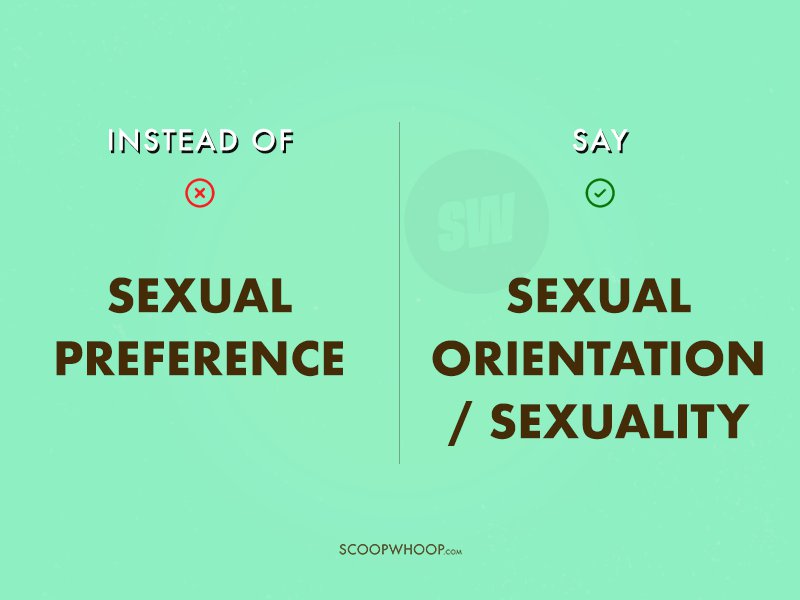
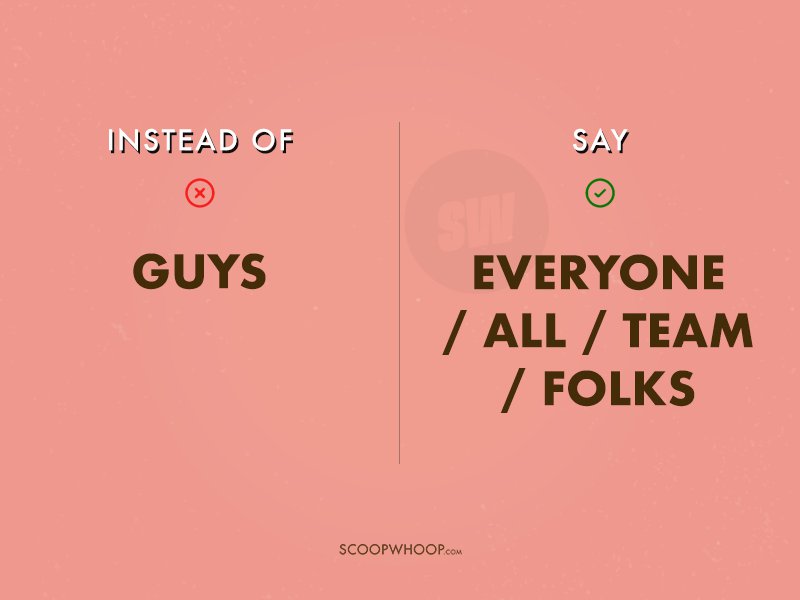
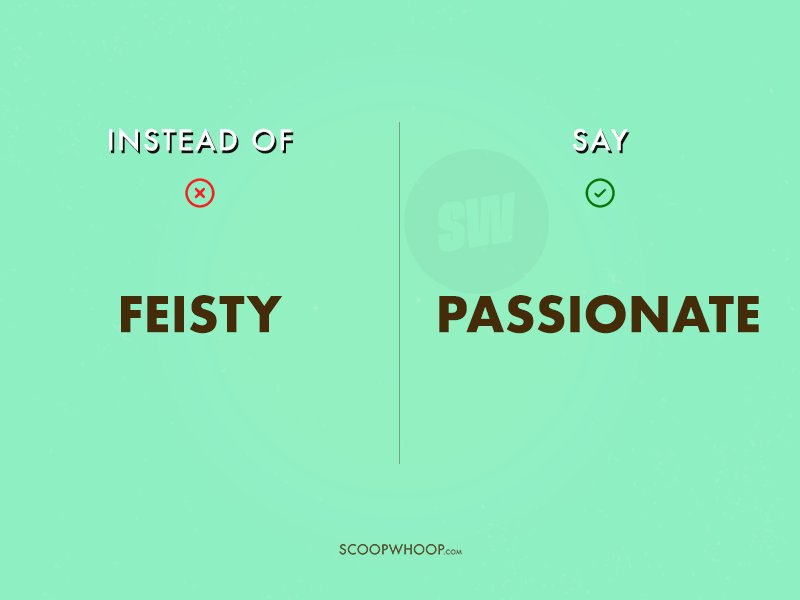
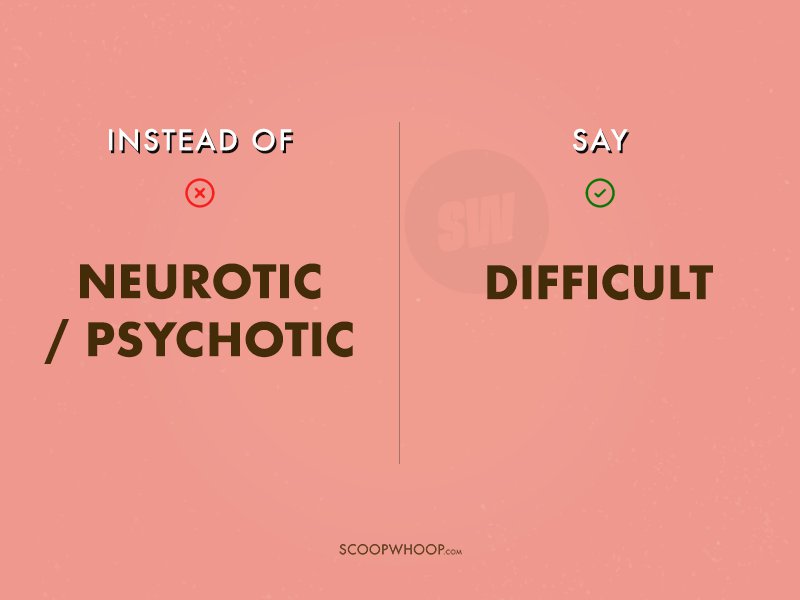
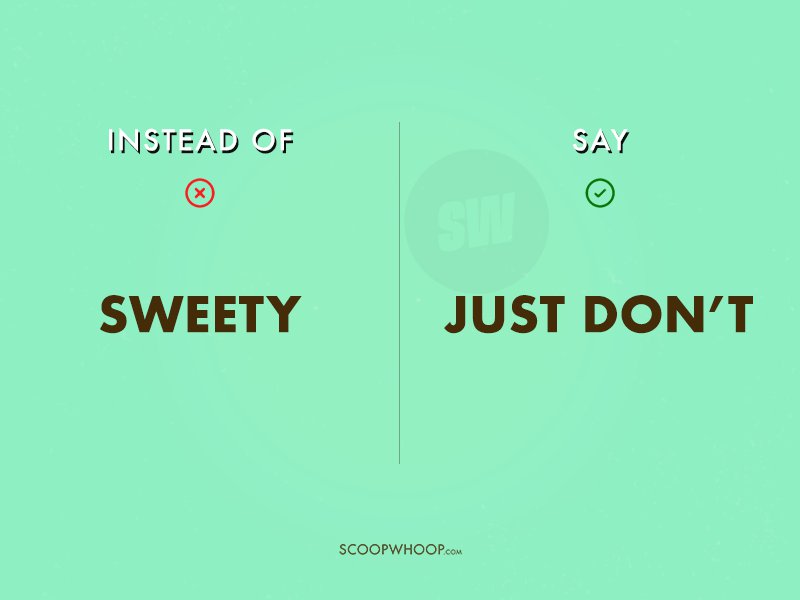
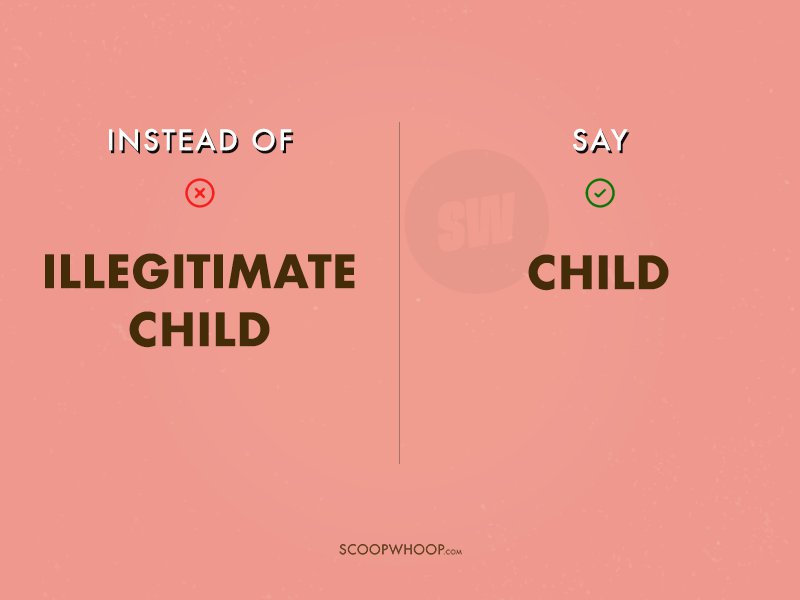
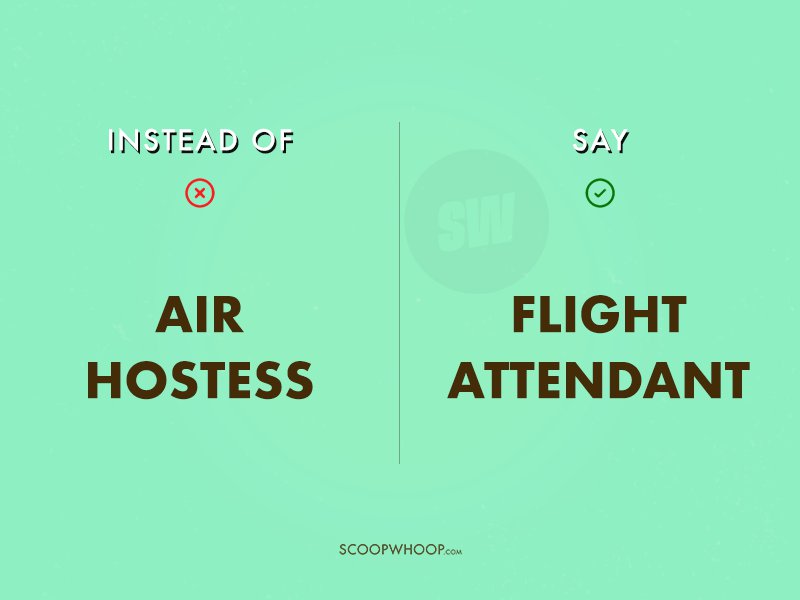
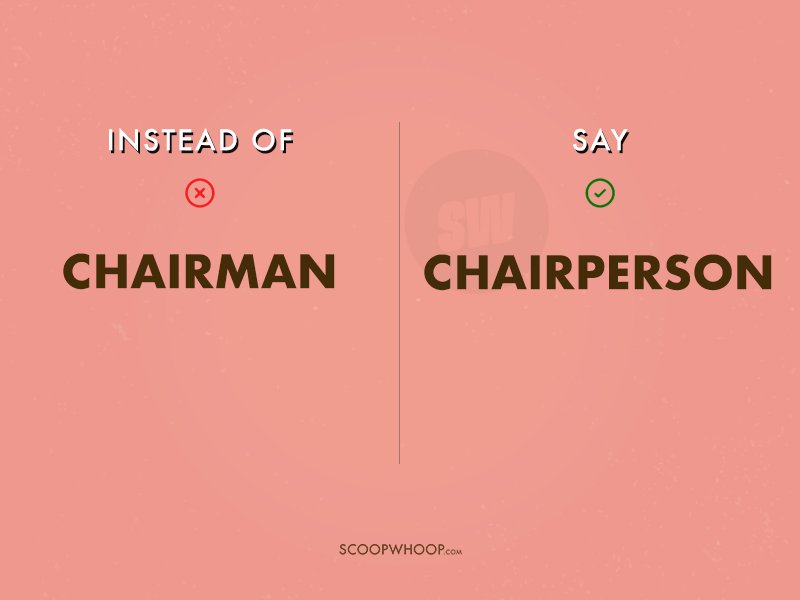
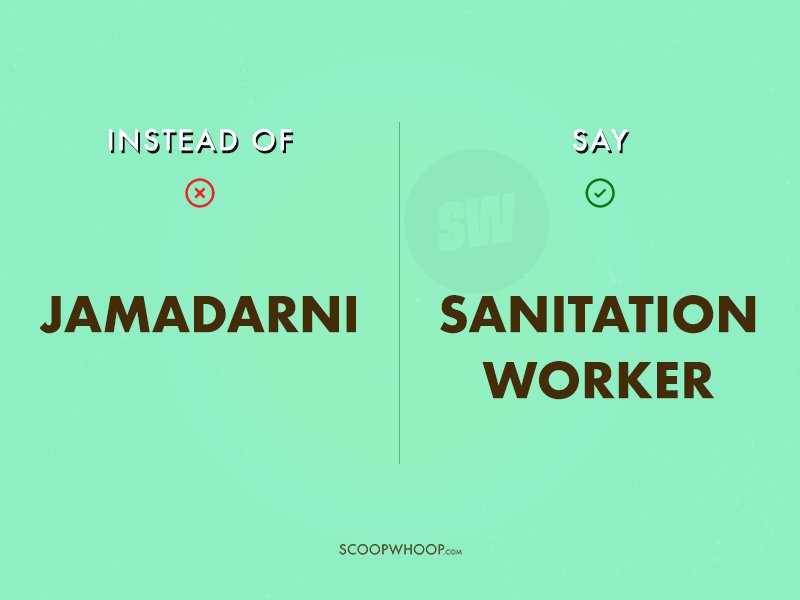
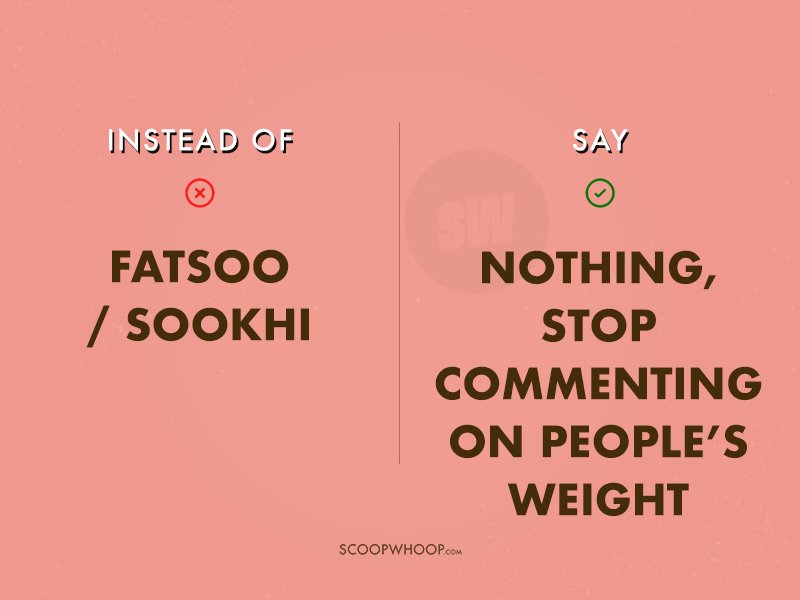
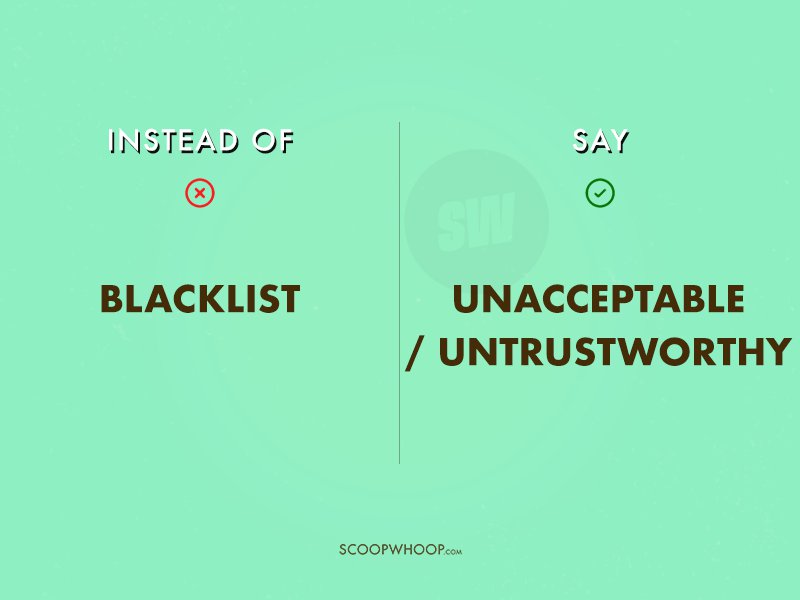
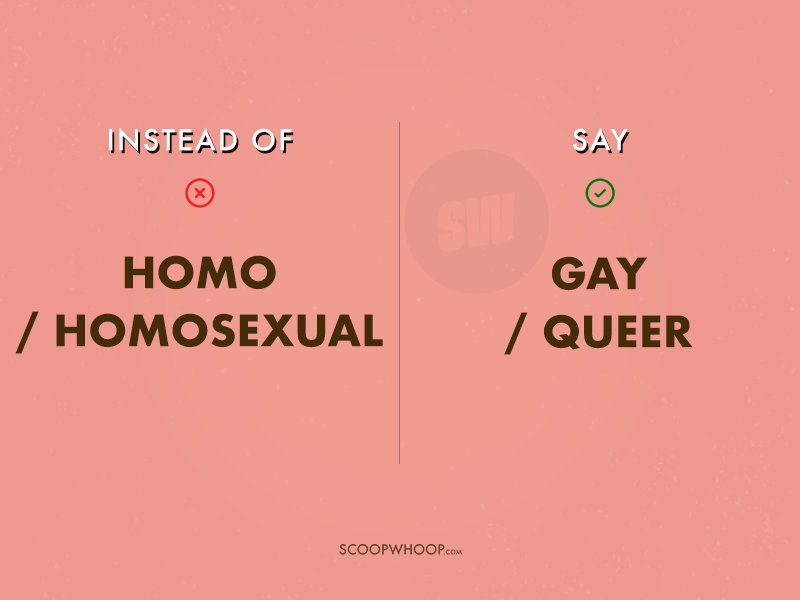
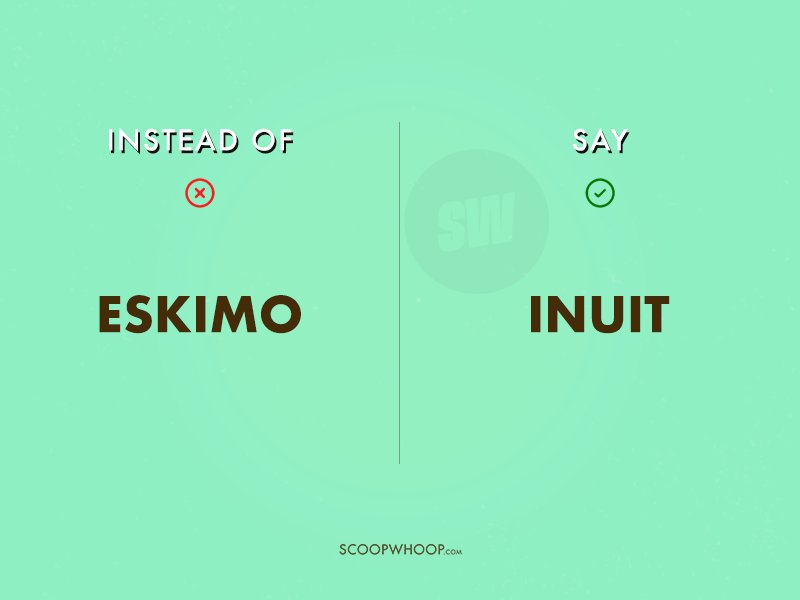
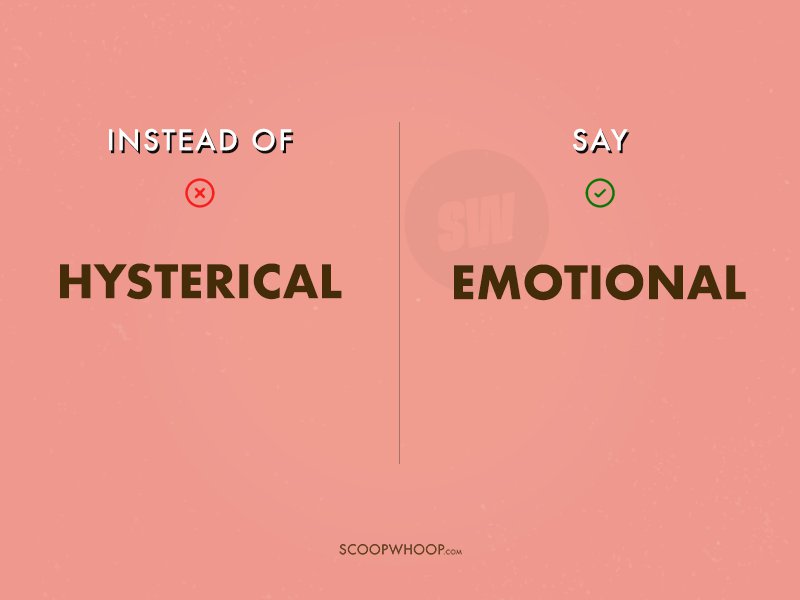
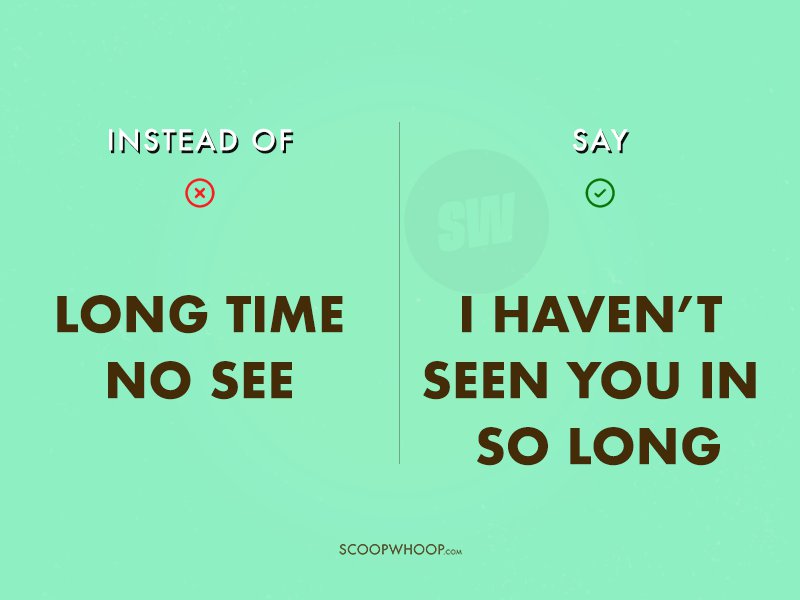
This sentence is allegedly said to be a mockery of those whose native language wasn’t English.
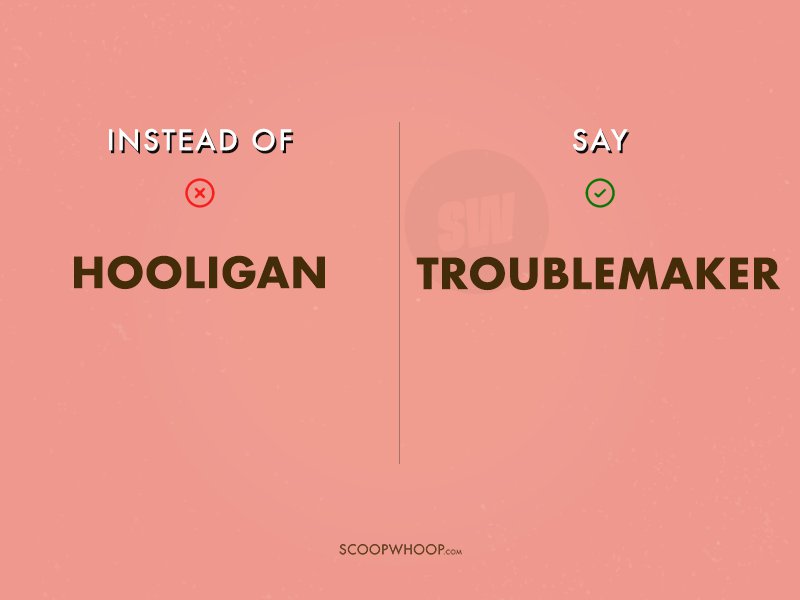
Some believe that this was a racist term used to refer to a young man who engages in rowdy or violent behaviour especially as part of a group or a gang.
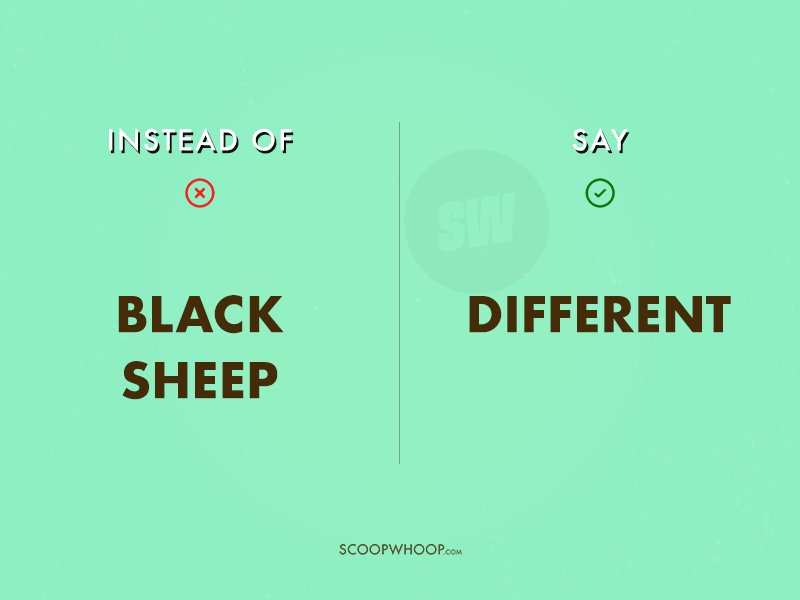
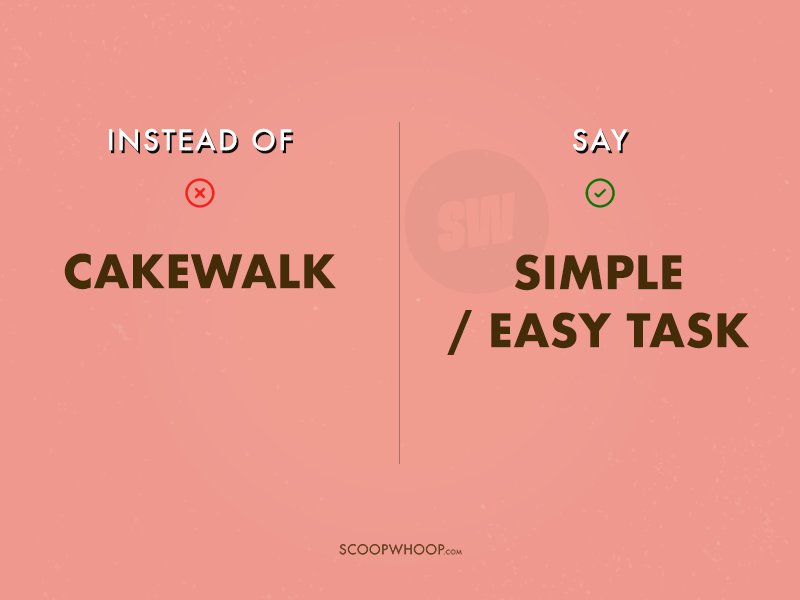
This term was derived from an event which was a dancing contest judged by plantation owners – with a cake as the reward.
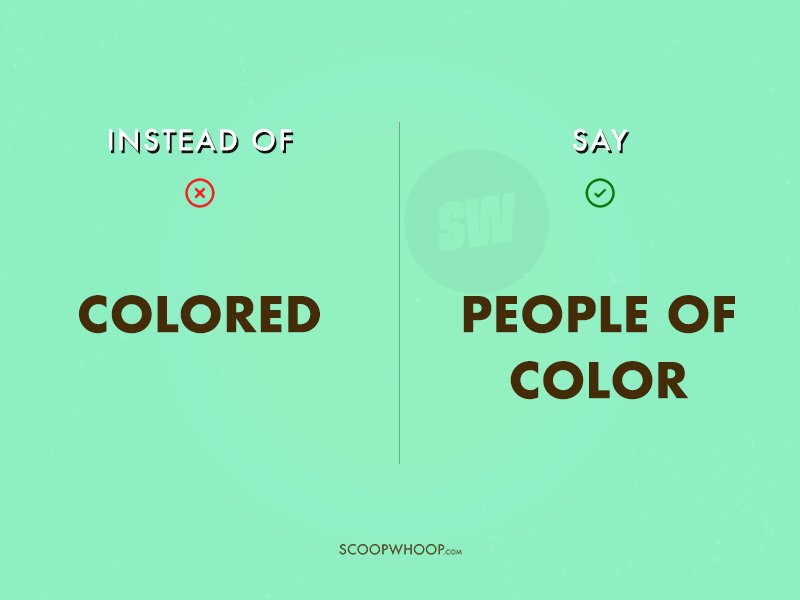
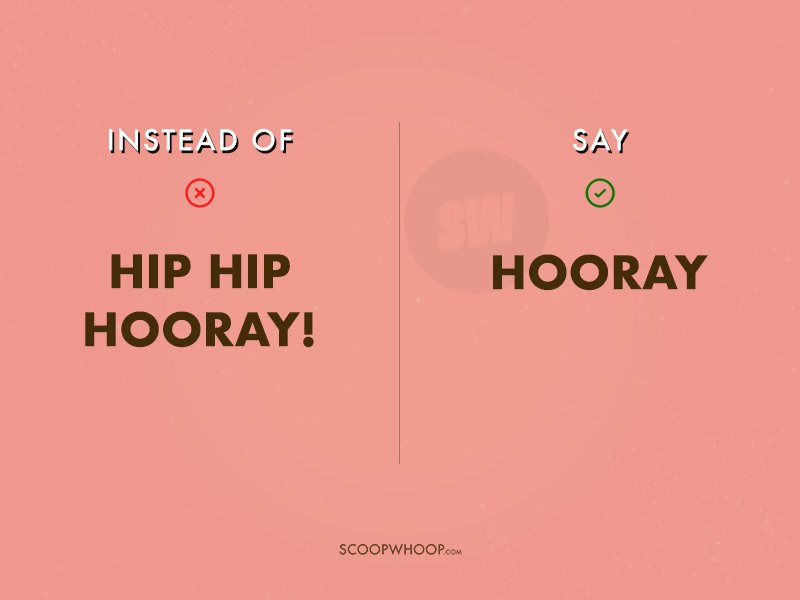
German anti-Semites used “hep hep” during the “Hep-Hep” riots of 1819, and Nazis later used the phrase to round up Jews during the Holocaust.
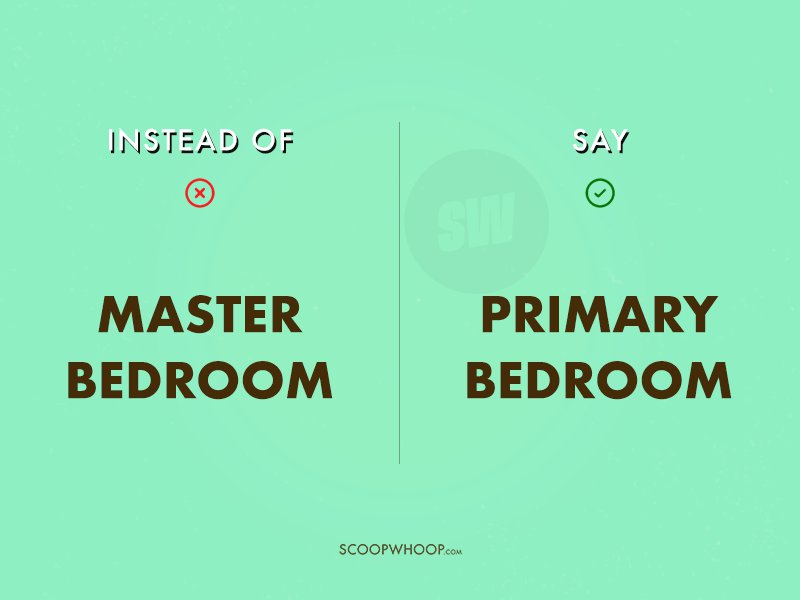
‘Master’ is a term associated with the slavery era.
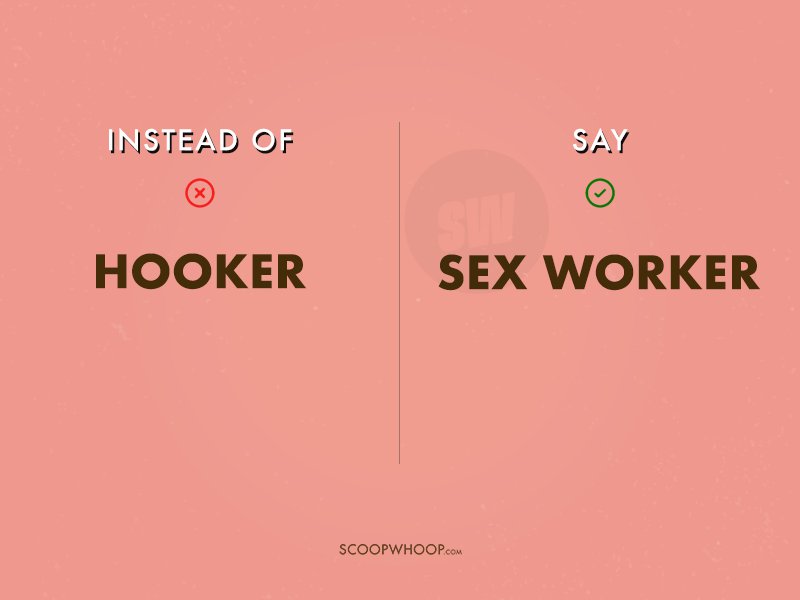
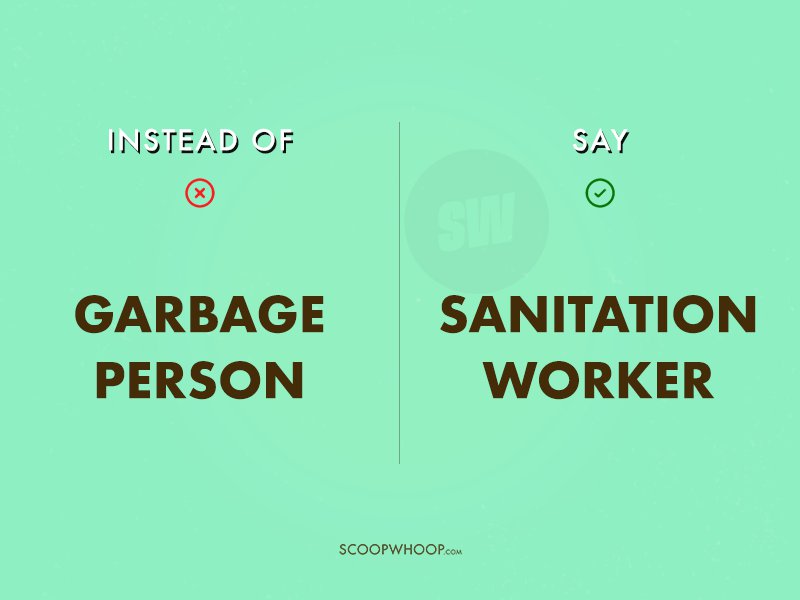
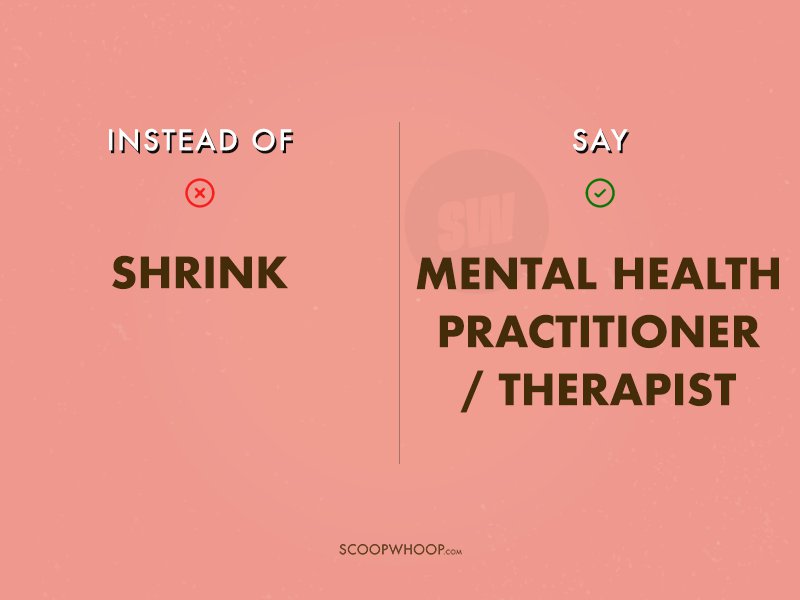
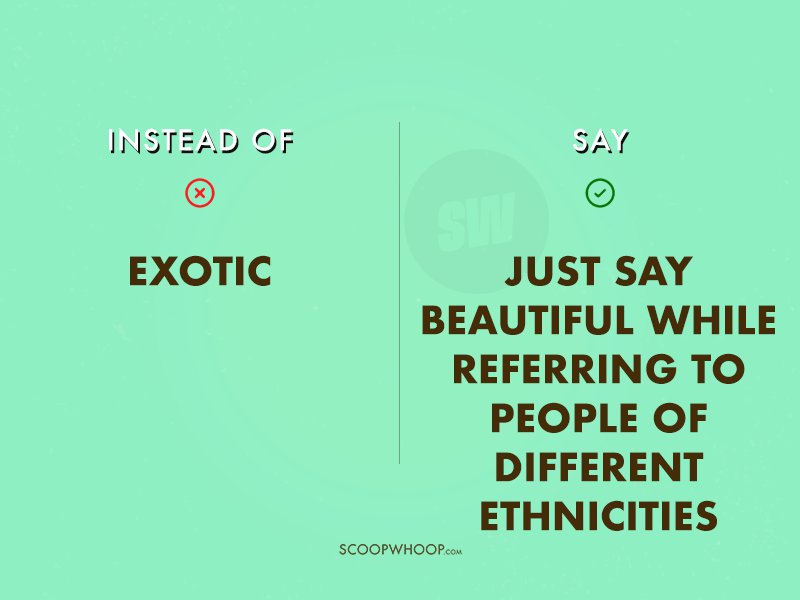
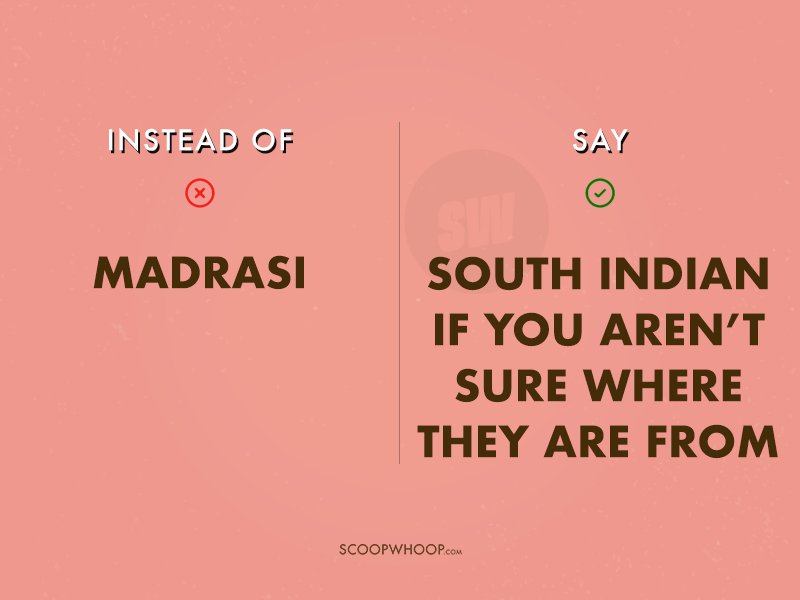
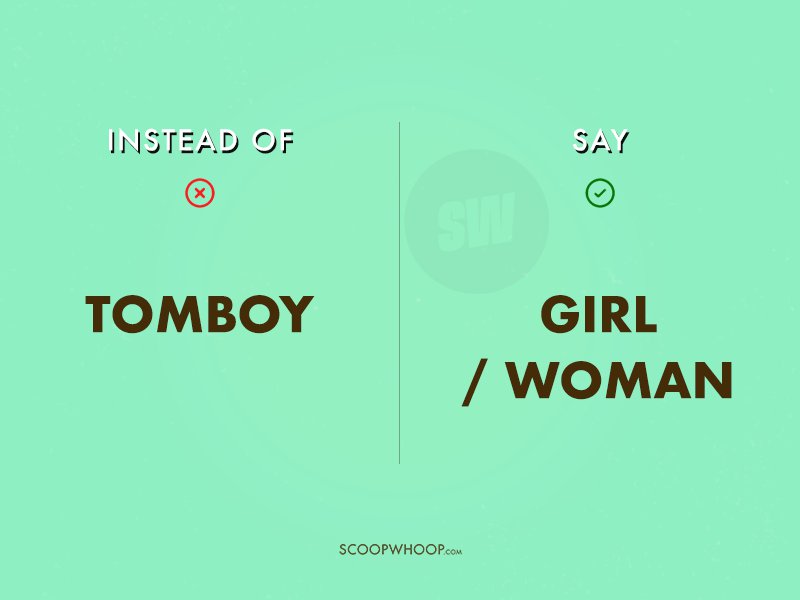
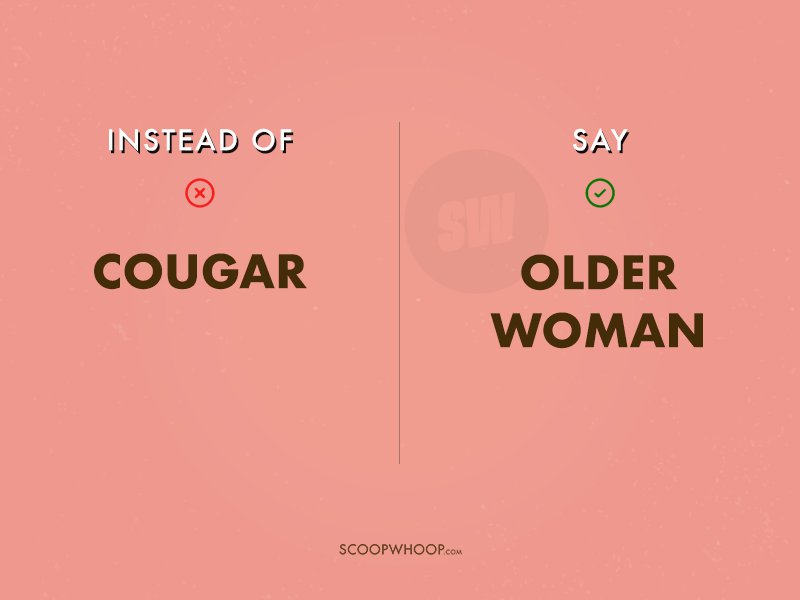
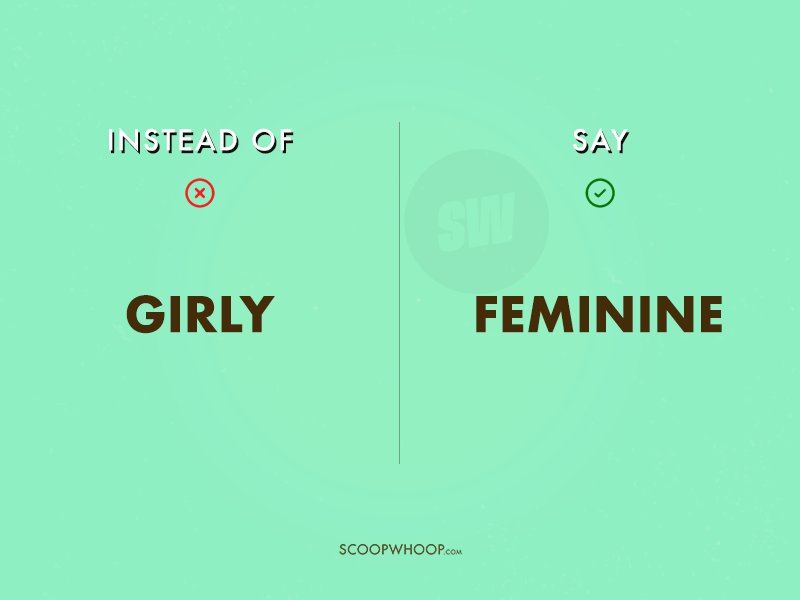
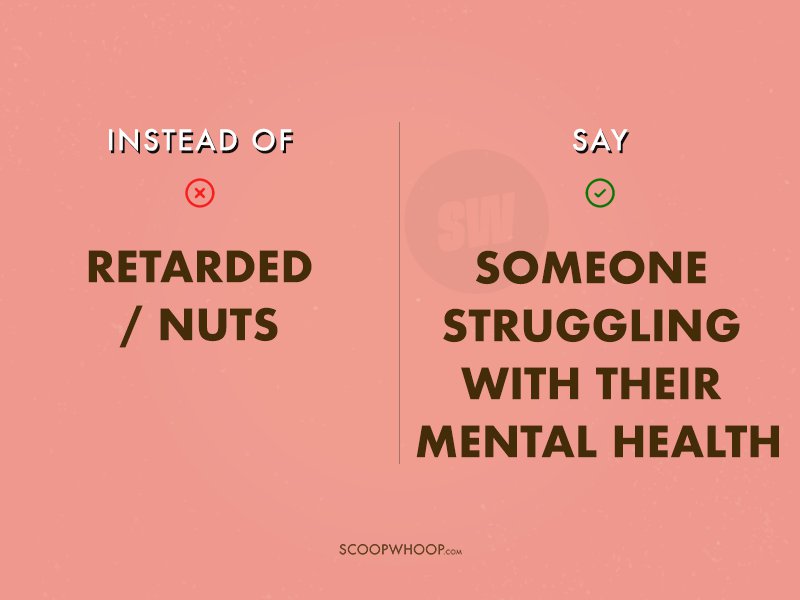
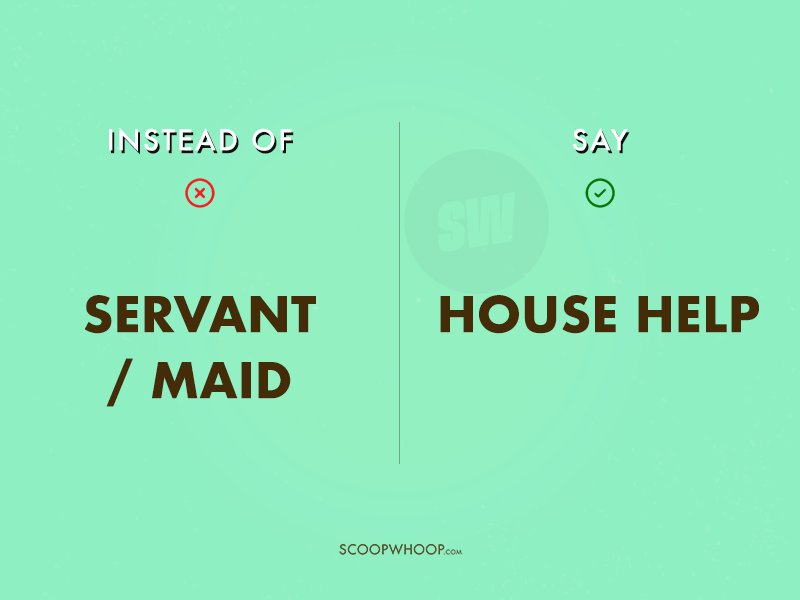
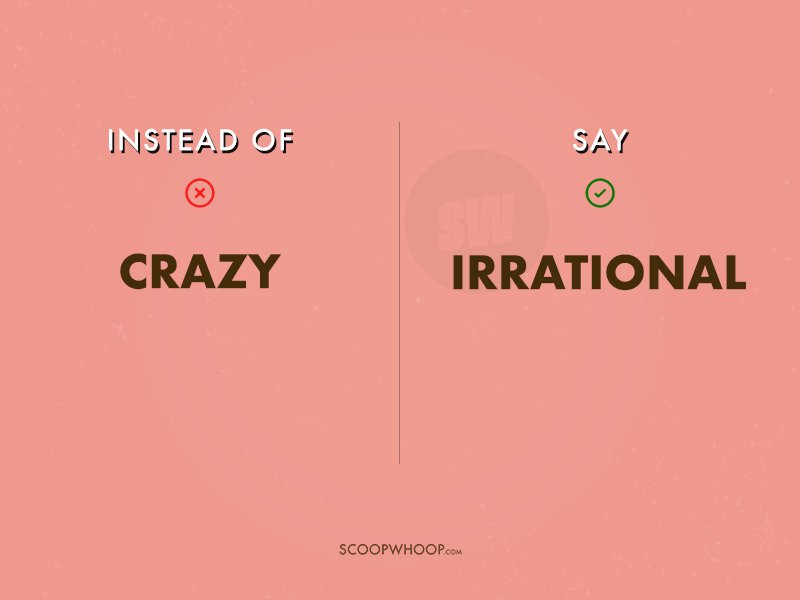
You learn something new everyday!

















